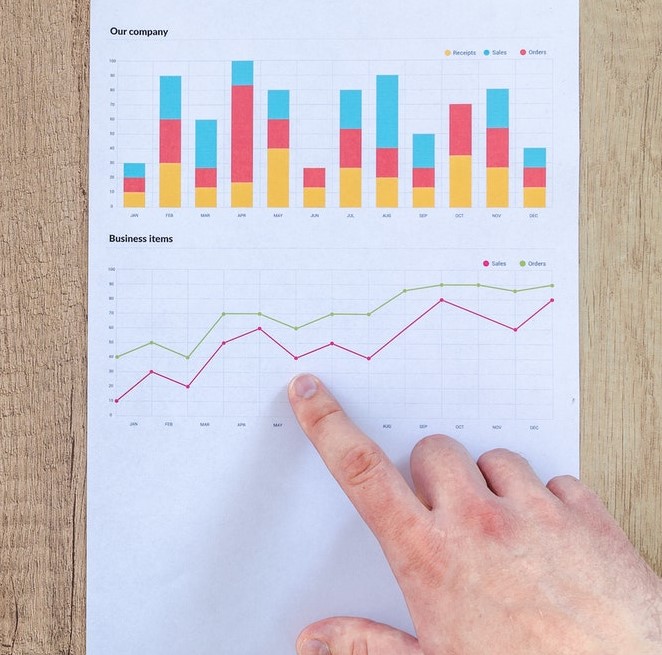When it Comes to Data, The More, The Merrier

What if I gave you a list of all the phone numbers that are registered in Kenya? What would you do with this information? Nothing much, unless if you wanted to blindly text every Kenyan. Perhaps, you could if you are running a presidential campaign, or sell Kensalt which is a product used by almost all Kenyans, but this would not even be a good marketing strategy.
What if I added the names in addition to the phone numbers? You could easily search for the phone number of any person you want, as long as you know their name. This could be useful, although you would need time to sort out through the different John Does. There would still be limited commercial uses.
Add the date of birth, and the data becomes more useful. You can now target people on their birthday, and you can as well decide to text all the people aged 18 years telling them of the great courses you are offering. The data begins to make sense.
If location data is included, the data becomes a real asset. You can SMS people of a given location telling them about a new hospital that you opened. You could SMS residents of a given ward to ask them to support your political ambitions of becoming a Member of the County Assembly. Through a combination of age and location, you could text people who are likely to be parents and tell them about a new school you started.
Add gender, and you could message ladies of a certain region, telling them of your beauty products shop and the offers that you have. Since you have their names, you would be addressing them by name and it would feel even better.
We can add more and more data which can help make the data even more useful. For example, if we added work related data, something better can even happen. You could contact all the teachers and tell them of useful resources for their students. You could contact all the farmers and offer to sell them effective pesticides. You could target people just about to retire and help them invest their pension funds. Data becomes even more valuable.
If we added some information to that data, like the information on who is expecting a baby, we could easily sell to them various baby products. If we add information about who loves football, it would be easy to tell who to tell a sports jersey to. If we add information on who loves to travel for holidays, we can message people who are likely to take a vacation and give them irresistible offers.
The more the data points, the more useful is the data. Better, if one can have a real time access to that data, the more it would be easier to make use of it. This is one advantage that platforms like Google, Facebook and Twitter have.


Kennedy
March 23, 2021Exactly.
The more details you have the more distinctions you can make of a population.
An apt example of the usefulness of data for business.